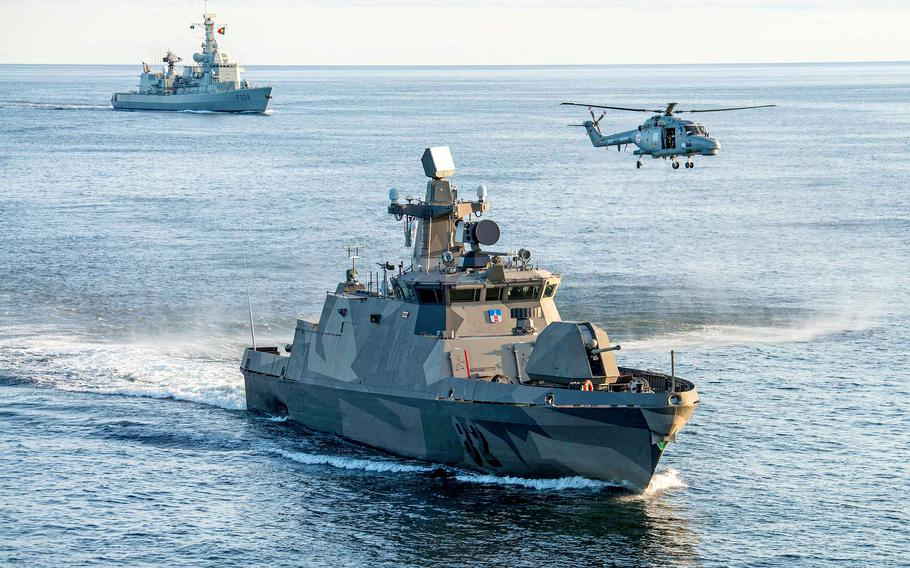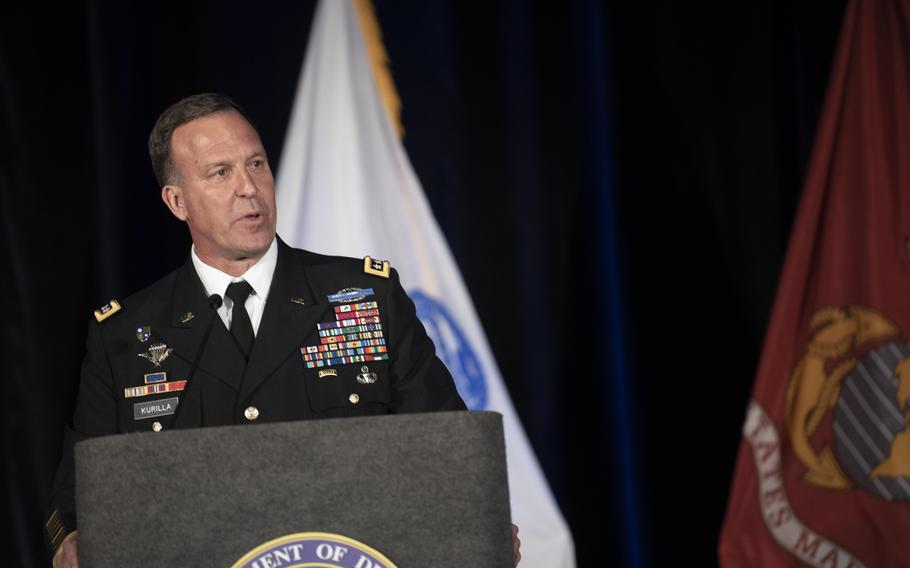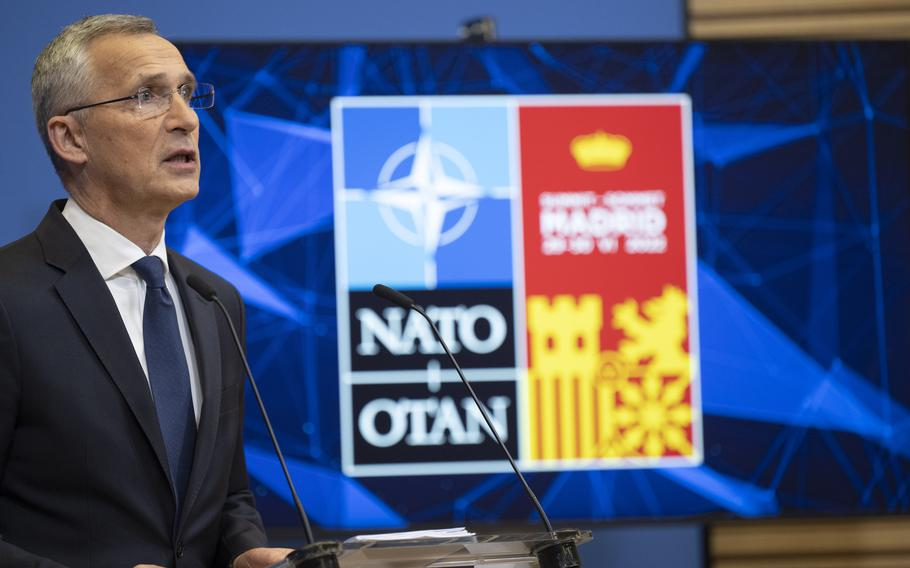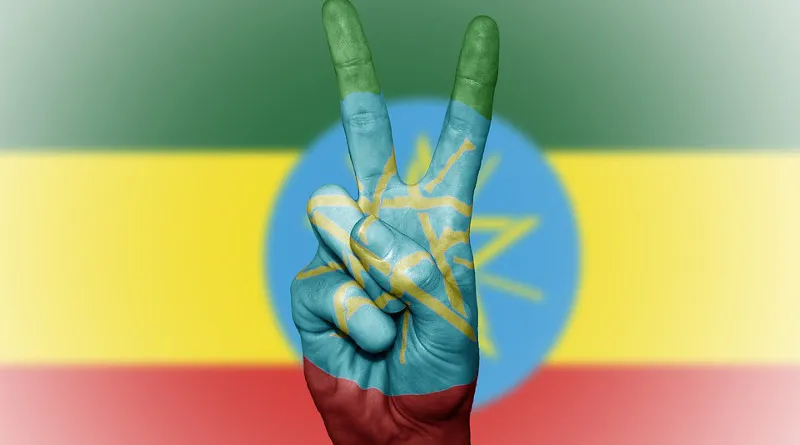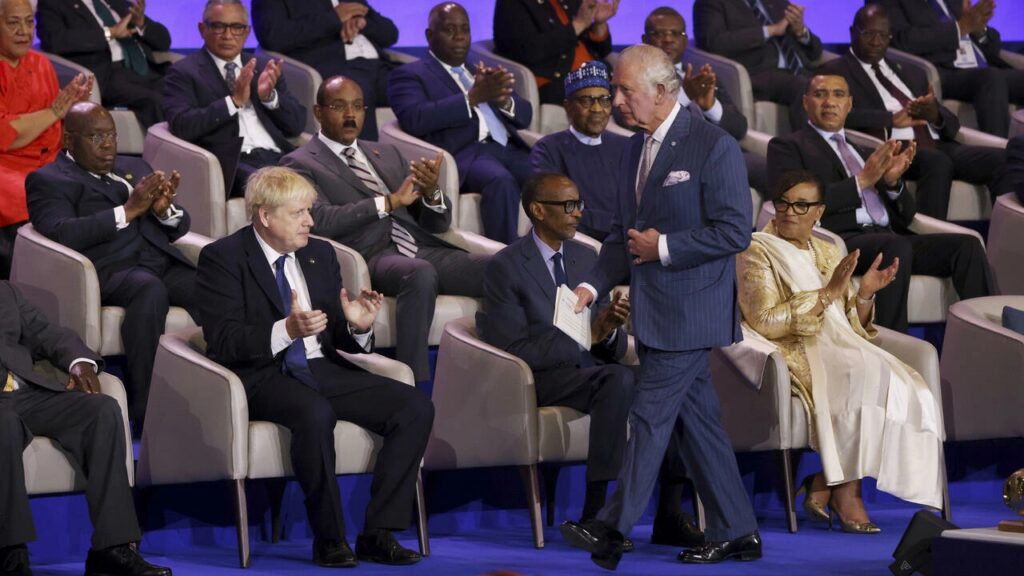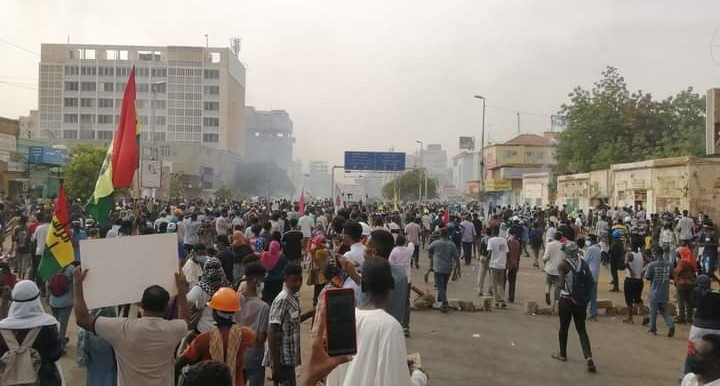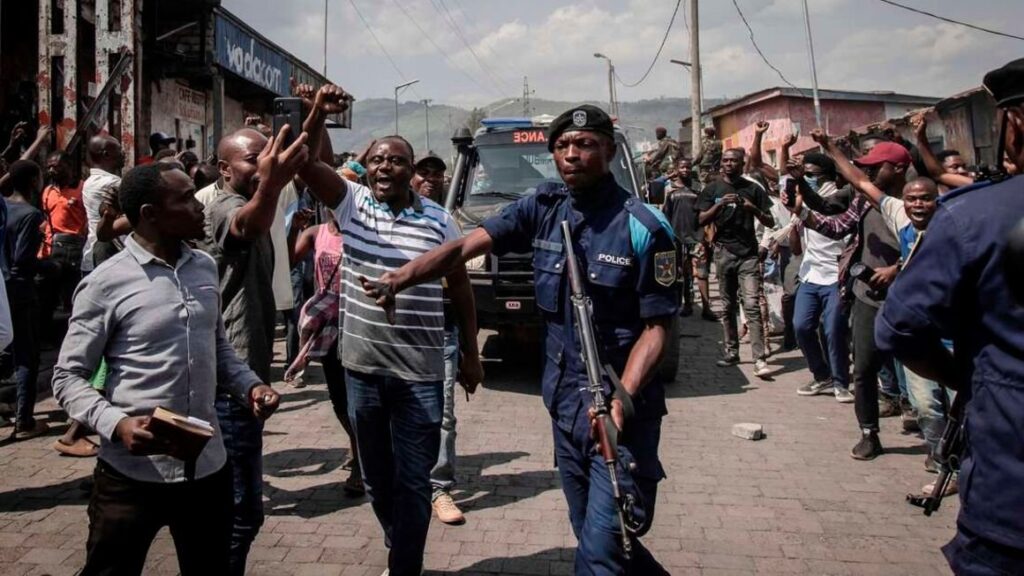Turkey lifts objection to Sweden, Finland joining NATO at last minute
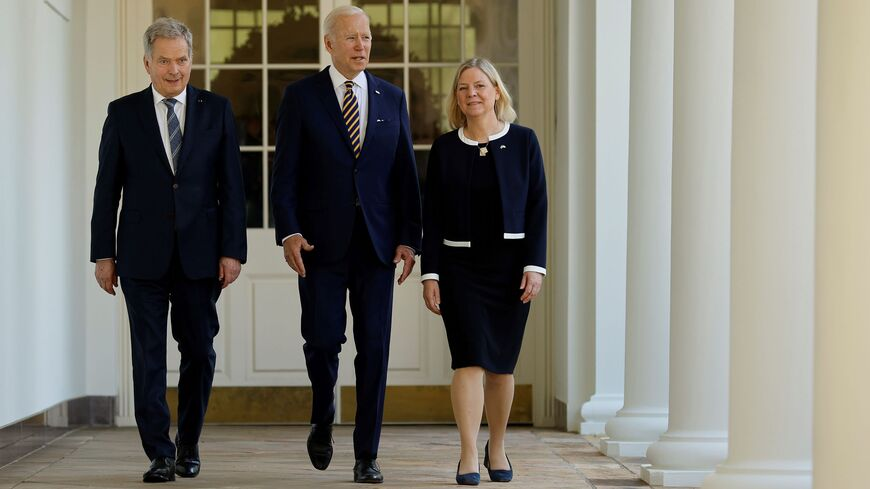
Following the signing of a memorandum between Turkey, Sweden, and Finland, Erdogan lifted his veto against the Nordic expansion of NATO hours before the Madrid summit started.
After a day of phone diplomacy, conflicting statements, and last-minute political posturing, Turkey has given the nod to NATO hopefuls Sweden and Finland after signing a trilateral memorandum that addressed Ankara’s security concerns.

